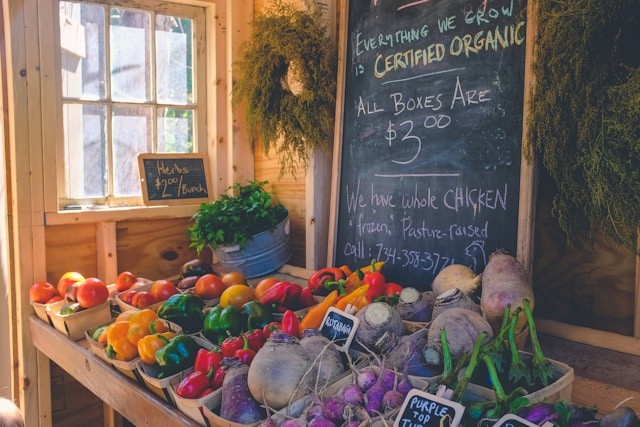Spice up Your Protein!

There is so much debate surrounding protein. Should we or should we not consume meat? What are the best sources of protein? The fact is that protein is essential for our bodies’ good functioning.
Protein is made up of amino acids which consist of the main building blocks that build up our cells and tissues. They are crucial for our bodies building, regulation and maintenance. Moreover, protein helps us feel full longer, hence reducing cravings.
Meat is not essential for most people. However, eating meat makes it easier for most people to get all of the necessary protein since it perfectly combines all of amino acids at once.
If deciding to go on a non-meat diet, one has to be aware of food combinations and of adequate sources of protein (and not to mention fats as well since they also are essential for our bodies’ proper functioning).
Factors such as gender, age and activity levels will all influence the amounts of protein needed by each individual. My advice is to experiment with what works for you at the moment and what doesn’t work so well.
Common symptoms of a lack of protein include: sugar cravings, feeling spacey and jittery, fatigue, weight loss, loss of healthy color in facial area, feeling of weakness, anemia, change in hair color and texture, skin inflammation (in severe cases), and pot belly (in severe cases).
Below you will find a summary of major protein sources:
Meat: The big debate around meat is mostly concerned with the conditions in which animals are raised and the amount of chemicals/antibiotics they are fed which are thought to be correlated with cancer, heart disease and a few other major diseases (a very interesting book on the subject is The China Study by T. Colin and Thomas Campbell). For that reason, try as much as possible to eat grass-fed and organic meats. Moreover, the portion of meat should be equivalent to one’s palm or less.
Another property I found out recently was that most meat has the quality of warming the body (except for fish). For those who usually don’t eat meat, but may eat fish and/or lots of vegetables, they may feel cold often and may get more frequent colds.
Fish: Fish are a lean source of protein that also contain essential fatty acids and omega 3s. Omegas 3s are essential for the brain’s and nervous system’s development. Be cautious however of fish farming, mercury poisoning and genetic engineering.
Eating wild fish and fish that are lower on the food chain (such as anchovies and sardines) may reduce the risk of mercury poisoning and other toxins.
Dairy: The same debate concerning chemicals also affects dairy. Besides, a huge proportion of the population does not produce the proper enzymes to digest dairy which in turn causes several physical symptoms such as bloating, flatulence, headaches, skin rashes and so forth. Most people are able to tolerate unpasteurized milk and cheese; however it remains a little difficult to find in in the typical market still. Also try experimenting with goat cheese and milk, it is often said to be a healthier option.
Soy: Soybeans are the most difficult bean to digest. Common forms of soybeans include edamame, tofu and fermented soybeans in the forms of tempeh, miso, and tamari. These are the best ways to consume soy for most people, unless they have problems with fermented foods.
Today’s trend is to consume soy in different highly processed ways like commercial soy milk, soy meat, and soy ice cream. This alternative may not be the most ideal. Also, many people are allergic to soy. Soybeans are one of the most genetically engineered crops, so it is important to choose organic whenever possible.
Beans: Beans contain a more complete set of amino acids than most plant foods. Many people may not be used to eating them and hence may feel some digestion difficulties. A few ways to reduce those would be to start with fresh, smaller beans such as Adzuki, split and mung beans. Further, by soaking them and removing the foam while cooking will help with digestibility. Also, adding herbs such as anise or pureeing them will help.
Also worth mentioning, grains, nuts, seeds (hemp, pumpkin, chia, flax), eggs, are great sources of protein as well. One of the most complete sources of protein is the micro-algae spirulina and bee pollen is also a complete protein, a great option for vegetarians.





